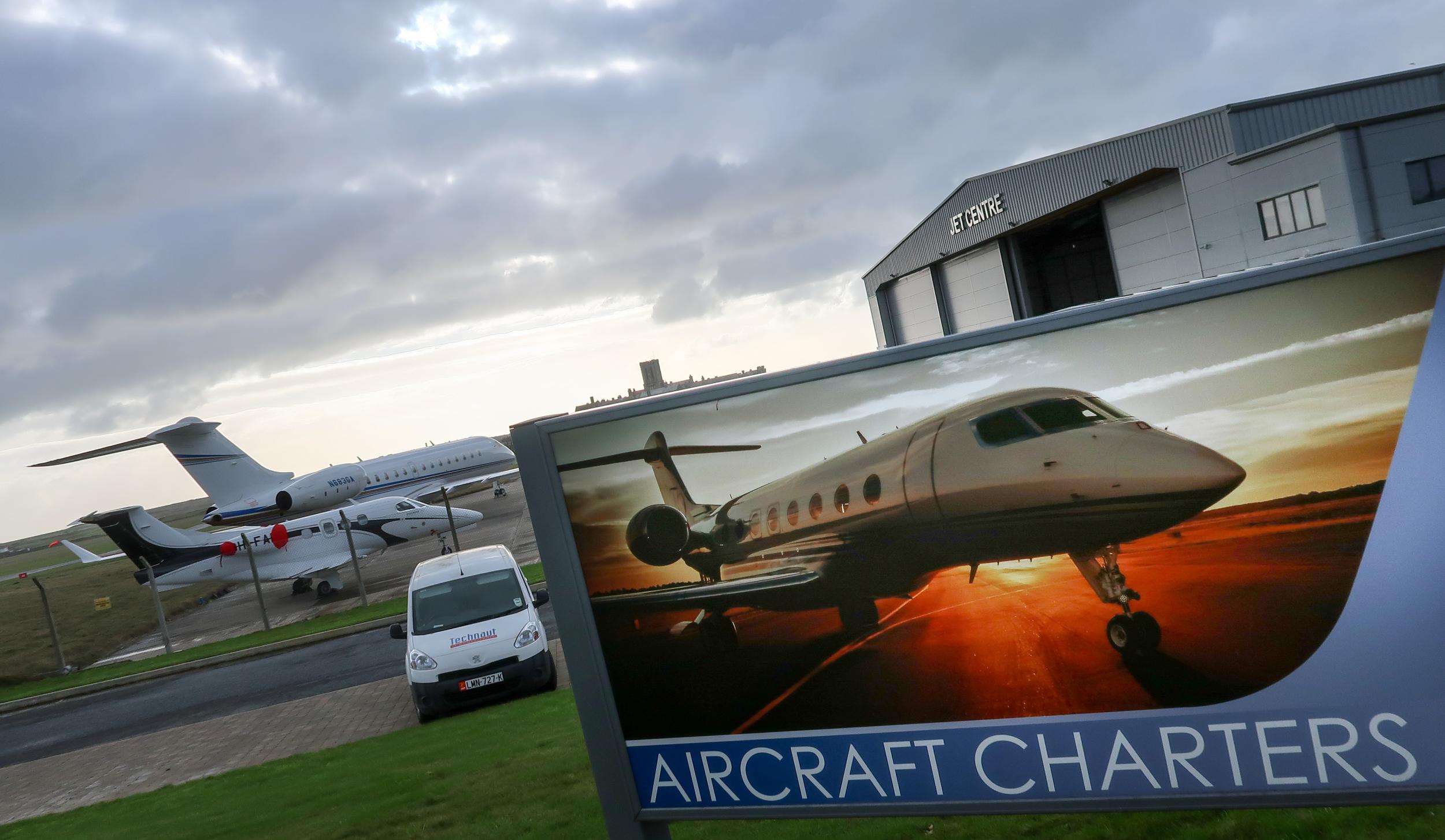Republicans quietly introduce tax break for private jet owners in plan
The exemptions would result in $50 m in lost revenues over 10 years

Your support helps us to tell the story
From reproductive rights to climate change to Big Tech, The Independent is on the ground when the story is developing. Whether it's investigating the financials of Elon Musk's pro-Trump PAC or producing our latest documentary, 'The A Word', which shines a light on the American women fighting for reproductive rights, we know how important it is to parse out the facts from the messaging.
At such a critical moment in US history, we need reporters on the ground. Your donation allows us to keep sending journalists to speak to both sides of the story.
The Independent is trusted by Americans across the entire political spectrum. And unlike many other quality news outlets, we choose not to lock Americans out of our reporting and analysis with paywalls. We believe quality journalism should be available to everyone, paid for by those who can afford it.
Your support makes all the difference.A provision in the tax plan Republicans are championing in Congress has a peculiar benefit that would help out the massively wealthy in America: A tax exemption for owners of private jets.
The cut out is just one of many small peculiarities in the tax plan, which includes provisions that would give craft beer producers tax breaks, and some that change how people can buy and sell stocks.
The federal government currently imposes an excise tax on the use of private planes for every flight, but the new Republican legislation would make costs for maintenance and other support activities exempt from the excise tax.
“Applicable services include support activities related to the aircraft itself, such as its storage, maintenance, and fueling, and those related to its operation, such as the hiring and training of pilots and crew, as well as administrative services such as scheduling, flight planning, weather forecasting, obtaining insurance, and establishing and complying with safety standards,” the description of the provision from the Joint Committee on Taxation reads.
The provision would not affect costs directly incurred by flying. The new provision would see $50 million in lost revenue over the next 10 years.
The House of Representatives — which holds a commanding majority of that legislative body — has already passed a version of the tax bill, though it is unclear if it has a plausible path forward in the Senate. Debates in that chamber have already broken out into angry shouting matches between Senate Democrats and Senate Republicans.
Republicans have a much shakier hold on their majority in the Senate, with just 52 seats there. That slim majority has made it difficult for Republicans to deliver major legislative victories to President Donald Trump in the nearly 11 months that he has been in office.
Join our commenting forum
Join thought-provoking conversations, follow other Independent readers and see their replies
Comments